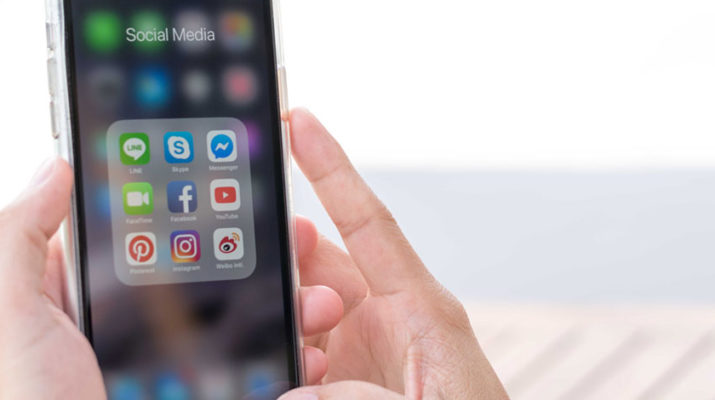By Deborah Jeanne Sergeant

It seems there’s a few phone apps available to address every difficulty of life. Numerous apps address the many facets of substance abuse, from accountability to isolation.
But are apps really helpful in assisting those in recovery?
Joel Yager, executive director of Huther Doyle Addiction Medicine in Rochester, said that apps do help, but only if people use them — and use them correctly.
“It’s one more thing in the toolbox they can use, but it can never replace a therapist,” Yager said. “People get really excited initially, but you really need the human experience.”
Some apps connect individuals to therapists or peers. Should those using the app reach a different person each time, that may not provide the best experience, according to Yager.
“Our clients keep everything pretty close to their chest,” he said. “Building a new relationship takes an enormous amount of time.”
He said that his organization’s clients do well when they meet in small groups of peers so that they can readily identify with one another’s struggles. They feel safer talking with peers and doing so in a non-clinical setting.
Some apps work by allowing the app user to note high-risk geographic locations where they experience a trigger. Once they get close to that area, the app sends a message to the person’s counselor. Yager said that these seem too intrusive to clients.
“They feel violated,” he said. “They stop using it. Building trust takes so long. When you say, ‘Here’s this app so “Big Brother” watches where you’re going,’ it can make them feel isolated more.”
Since substance abuse already bears stigma of shame, guilt and trauma, piling on more through the app isn’t helpful.
“We do non-intrusive care, based on what they want to tell us when they want to tell us,” Yager said. “People progress slowly, but when they do, they really get it. Nothing goes quickly. It’s a chronic condition, but we treat it like there’s an end to it. People say, ‘It’s all fixed’ but it’s a chronic condition people suffer from with continued use.”
Brigid Sboto, marriage and family therapist in private practice in Rochester, said that especially during the pandemic, but also in general, “structure keeps [patients] going from one step to the other successfully. Now, it’s like what do I do with my time? We’ve never seen anything like this.”
Phone apps can help those in recovery reach out and connect better, which can help them continue in the right direction despite a lack of daily structure.
“Disconnect is what creates poor coping mechanisms,” Sboto said. “In that connection is where you’ll find the support.”
Improving self-care is also vital for recovery.
Maria Panitsidis, licensed clinical social worker at Blue Lotus Psychotherapy in Rochester, said that apps for relapse prevention might include those that promote healthful coping mechanisms, such as apps that guide breathing exercises, track moods and enable journaling.
“There are so many apps that kind of will help you put you in a positive place,” Panitsidis said.
She recommends SoberTool, WEconnect, and the apps from Alcoholics Anonymous —they have several available.
“Many have features that help you connect with others who are in the same boat as you,” Panitsidis said. “It helps keep you social. I think anything that has to do with getting therapeutic tools is very important.”
Everyone’s unique, so it’s important to remember that no one app will work for everyone.
“It takes time to find what you like,” Panitsidis said. “If it’s helpful, you can use it on a regular basis.”
She also encourages people in recovery to seek online AA meetings for support until in-person meetings open up.

